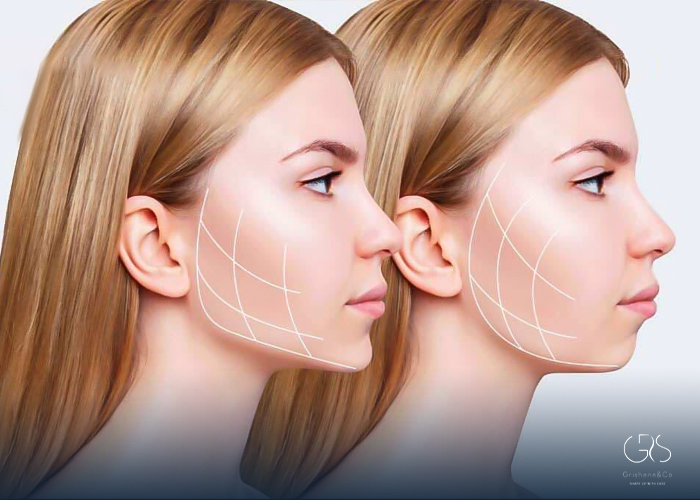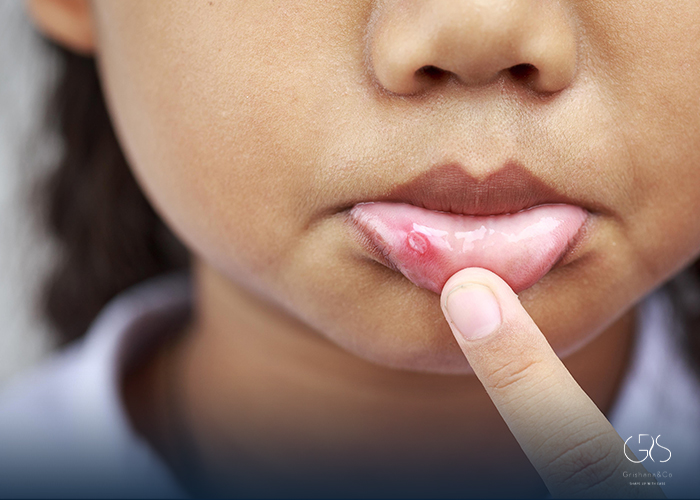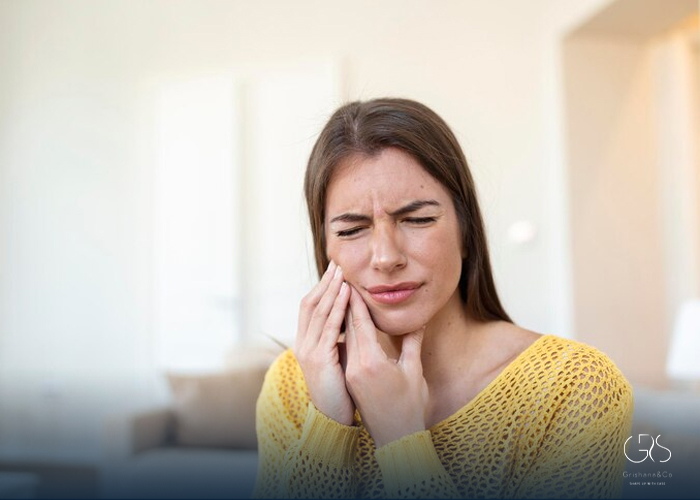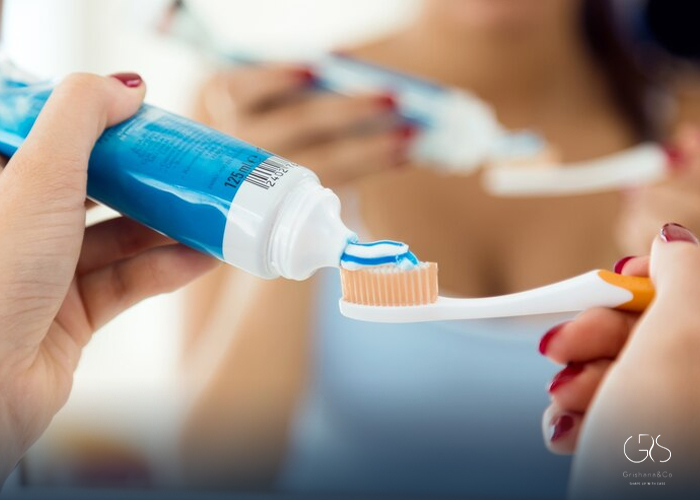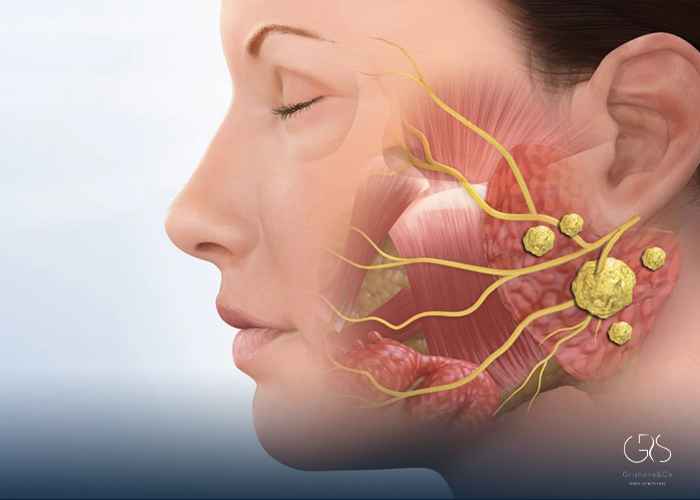The causes of dry mouth, medically known as xerostomia, can be attributed to dehydration, medication use, underlying medical conditions, and lifestyle choices. These factors can lead to a decrease in saliva production and result in discomfort and difficulties with talking, eating, and swallowing.
1. Dehydration
One of the primary causes of dry mouth is dehydration. When the body is dehydrated, it naturally produces less saliva, leading to dryness in the mouth. According to research, approximately 75% of Americans suffer from chronic dehydration, highlighting the prevalence of this issue .

2. Medication
Dry mouth can also be a side effect of certain medications. Over 400 commonly used medications have been linked to dry mouth, including antihistamines, antidepressants, and blood pressure medication [source: Journal of the American Dental Association]. It is crucial to discuss potential side effects with healthcare providers and explore alternative treatment options if dry mouth is a concern.
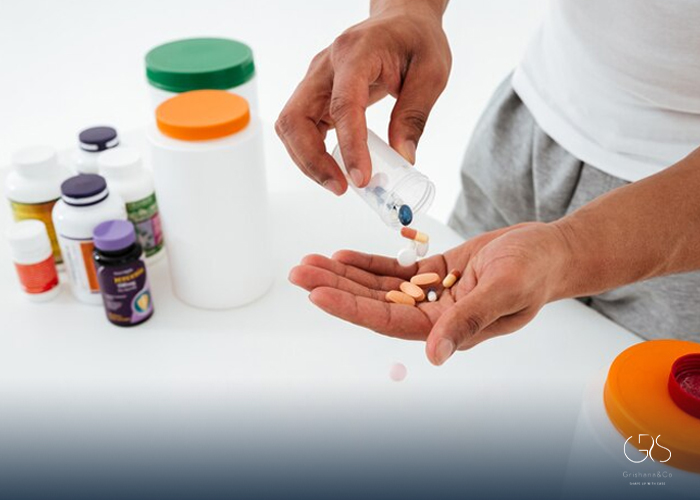
3. Underlying Medical Conditions
Several underlying medical conditions can contribute to dry mouth. Autoimmune diseases such as Sjogren’s syndrome, rheumatoid arthritis, and lupus can affect salivary gland function, leading to decreased saliva production and dry mouth. Additionally, conditions like diabetes, HIV/AIDS, and Parkinson’s disease have been associated with dry mouth as a symptom.
4. Lifestyle Factors
Certain lifestyle choices can exacerbate dry mouth symptoms. Smoking and excessive alcohol consumption can hinder salivary gland function, leading to dryness in the mouth. Caffeine consumption can also contribute to dehydration, further exacerbating dry mouth symptoms.

Managing Dry Mouth
While dry mouth can be uncomfortable, various strategies can help manage the condition:
- Stay Hydrated: Drinking water regularly can alleviate dry mouth caused by dehydration.
- Medication Review: If medication use is causing dry mouth, consult with your healthcare provider to discuss potential alternatives.
- Oral Moisturizers: Over-the-counter saliva substitutes and oral moisturizers can provide temporary relief for dry mouth symptoms.
- Lifestyle Changes: Making healthy lifestyle choices, such as avoiding smoking, limiting alcohol and caffeine consumption, and maintaining good oral hygiene practices, can help manage dry mouth.
In conclusion, dry mouth can be caused by factors such as dehydration, medication use, underlying medical conditions, and lifestyle choices. Staying hydrated, reviewing medication use, managing underlying medical conditions, and making lifestyle changes can help alleviate dry mouth symptoms. Consultation with a healthcare
Sources
- Mayo Clinic, Understanding the Causes of Dry Mouth
- WebMD, What Causes Dry Mouth and How to Treat It
- Healthline, How to Treat Dry Mouth at Home
- Medical News Today, Everything you need to know about dry mouth




